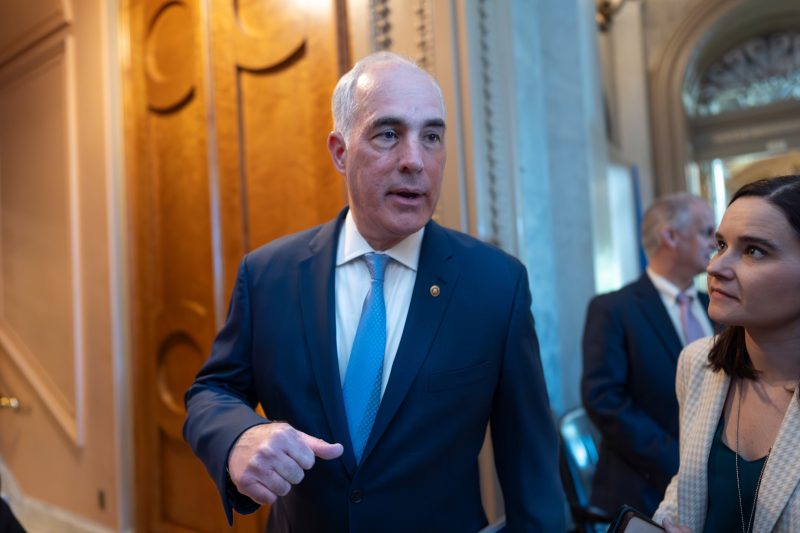In recent weeks, the Democratic Party has been closely monitoring polling data to assess the impact of the Biden administration’s policies on public opinion. The prevailing sentiment among party strategists is that any drop in approval ratings may be linked more to Biden himself rather than the actual policies being pursued by his administration. This distinction is crucial as Democrats seek to navigate the political landscape and regain momentum heading into the upcoming midterm elections.
One of the key factors contributing to the Democrats’ concerns is the mixed response to President Biden’s handling of the ongoing COVID-19 pandemic. While the administration has made significant strides in vaccine distribution and economic recovery measures, some critics argue that the messaging around these efforts has been muddled, leading to confusion and frustration among the public.
Furthermore, the issue of inflation has emerged as a growing concern for many Americans, putting pressure on the administration to address rising prices and supply chain disruptions. Democrats are keenly aware of the economic implications of inflation and understand the need to demonstrate effective leadership in tackling this challenge head-on.
Another area of contention is the administration’s approach to immigration reform, with some Democrats viewing the current policies as insufficiently progressive. The recent influx of migrants at the southern border has reignited debate over border security and the treatment of asylum seekers, highlighting the need for a comprehensive and compassionate solution to this complex issue.
Beyond these policy-specific challenges, Democrats are also grappling with broader questions about messaging and communication strategies. In an era of polarized politics and constant media scrutiny, the party must find ways to effectively communicate its vision and values to a diverse and often skeptical public.
Looking ahead, Democrats are likely to redouble their efforts to connect with voters on issues that resonate most strongly, such as healthcare, climate change, and social justice. By articulating a clear and compelling narrative around these core priorities, the party hopes to regain trust and support among key constituencies in the months leading up to the midterm elections.
Ultimately, the Biden administration’s policies will be judged not only on their merits but also on their perceived impact on the lives of everyday Americans. As the Democratic Party navigates this challenging political terrain, it must remain focused on delivering tangible results and inspiring confidence in its ability to address the pressing issues facing the nation. By staying true to its values and engaging in open dialogue with the public, the party can chart a course toward a more prosperous and equitable future for all Americans.
Sources:
-https://godzillanewz.com/democrats-hope-bad-polls-were-a-biden-problem-not-a-policy-problem/
